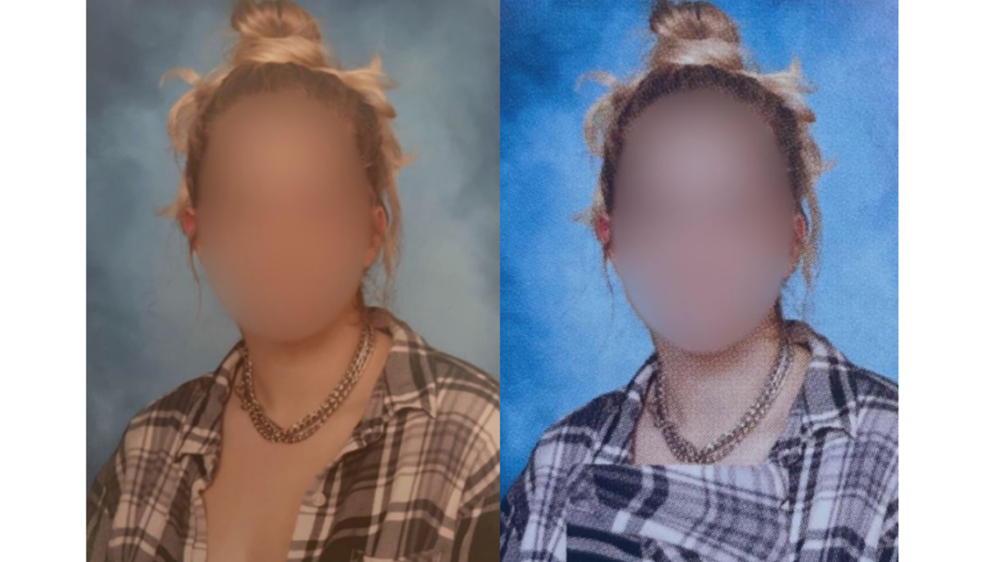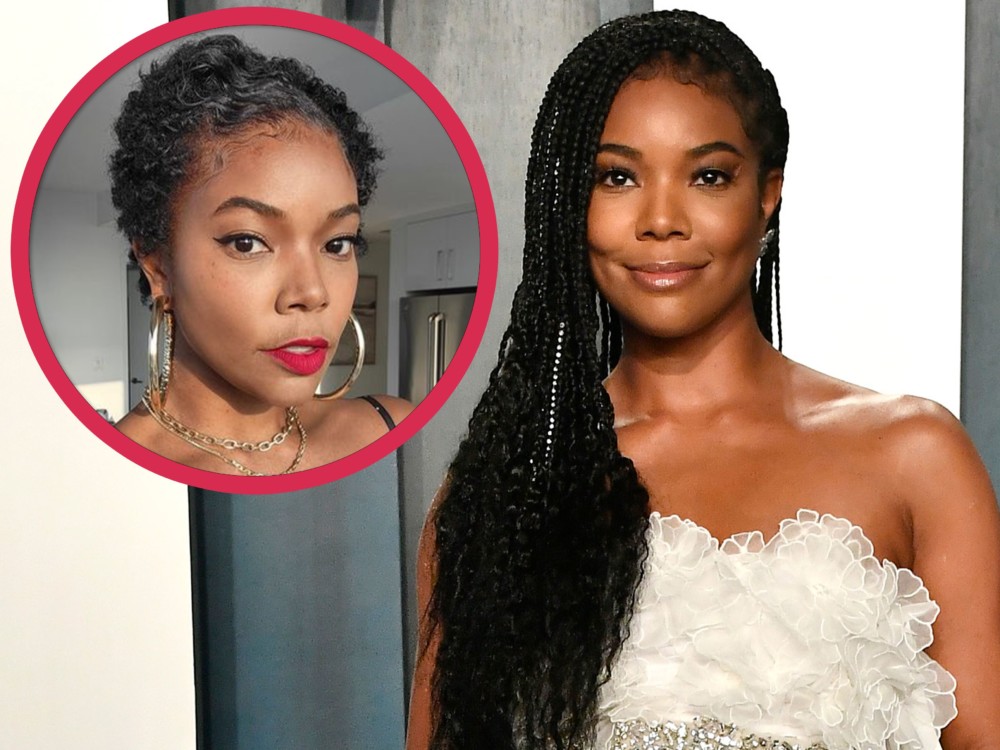Heidi Stevens
Chicago Tribune
WWR Article Summary (t;dr) A faculty yearbook coordinator at a high school in Florida edited photos of dozens of female students to cover up their necklines. Heidi Stevens takes a look at the message that may be sending women and society at large.
Chicago
The grown-ups tasked with guiding and nurturing Bartram Trail High School students through arguably one of the hardest years of their young lives have failed colossally.
Bartram Trail is the public high school in St. Johns, Florida, whose faculty yearbook coordinator edited at least 80 girls’ photos to cover up any tiny hint of the chests they had the audacity to grow.
The editing appears haphazard and sloppy — some girls have black bars where their skin used to be, some have a chunk of the patterned shirts they were actually wearing copied and pasted onto places they didn’t cover; some have rectangles that roughly duplicate the color of their original shirts added to their neckline, like some sort of infantilizing bib.
The edits look ridiculous, but that’s hardly the point. Even if they were done with the skill and precision of a photo editing virtuoso, the message would ring out loud and clear. And the message stinks.
“They need to recognize that it’s making girls feel ashamed of their bodies,” freshman Riley O’Keefe, 15, told The New York Times.
The same yearbook, students and parents said, includes a photo of the boys swim team wearing Speedo bathing suits. Unedited — as it should be. Because young bodies aren’t inherently sexual until someone sexualizes them.
And in the case of the girls’ photos, like so many cases, it was an adult doing the sexualizing.
So instead of handing kids a yearbook filled with memories and milestones, highlights and challenges, sorrows cushioned by community, the school handed them a citation. An admonishment.
Instead of handing them a lifelong reminder of pandemic workarounds that proved their resilience and resourcefulness and reserves of strength, the school handed them a reminder that someone, somewhere, will always view girls’ bodies as both threat and temptation, and will police them accordingly.
We caught you, those edited photos say.
We caught you having breasts. We caught you not being ashamed of them. We caught you maybe even liking your body a little bit — showing up for a photo without enough of it covered. Smiling, even.
We caught you failing to obey other people’s archaic, nonsensical rules about your own appearance.
We caught you buying clothing marketed and sold to someone your age.
We caught you thinking you’re old enough to dress yourself.
We caught you soaking up all the cultural messaging you swim in. Messaging that celebrates female bodies and markets female bodies and profits off female bodies. (As long as those female bodies aren’t the wrong size or ability. Or worse, breastfeeding in public.)
We caught you thinking maybe your body was worth celebrating. It’s not. You should be ashamed of yourself.
We caught you trying to make sense of these wild inconsistencies. Don’t. We’ll just undermine your attempts.
That’s the message the school handed those students — the girls whose photos were edited, and all of their classmates who witnessed it.
It’s just a yearbook, some people will argue. At one school. Let it go.
It’s not just a yearbook. It’s not just one school. It’s a pattern of behavior, perpetrated by overzealous, shaming adults, onto children. It’s girls sent home for wearing leggings. Or given school-issued T-shirts to cover their shoulders. It’s girls being told, over and over, that their bodies are distracting and shameful.
Never mind the boys in Speedos. Or basketball jerseys. Or football pants. (Which, can we all agree, are leggings.) We stay out of boys’ clothing business, as we should.
It’s a double standard, I suppose, rooted in the knowledge that we repeatedly fail to protect young women from the Larry Nassars and Jeffrey Epsteins and Anthony Bouchards of the world. We police girls’ bodies, I suppose, because it seems easier than policing the monsters who prey on them.
But girls’ bodies aren’t the problem. How girls dress their bodies is not the problem. How girls show up on picture day is not the problem. And the longer we keep distracting ourselves with this nonsense, the further we get from solving the actual problems that stem from sexualizing girls.
The message of this year’s yearbook could have been — should have been — We see you. We see you persevering through a pandemic. We see you looking for ways to change and improve the world. We see you showing up when showing up wasn’t easy. And frankly, we don’t care what you’re wearing.
Instead, they got, We caught you. This year of all years.
Do better, grown-ups.
____
Distributed by Tribune Content Agency, LLC.
















































































































































































































































































































































































